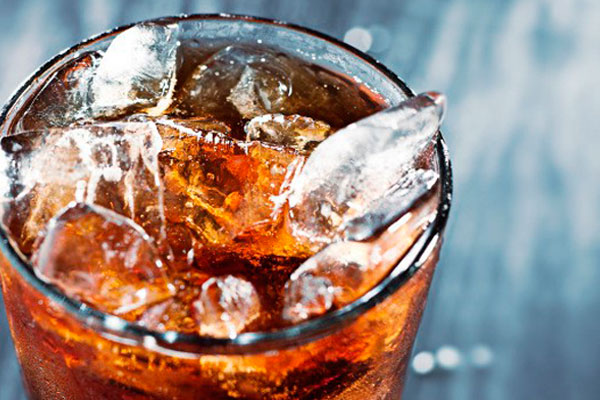 Annual soda sales total $61 billion in the U.S. However, the sale of diet sodas has fallen flat recently as more people opt for water or healthier beverages to help them drop weight.
Annual soda sales total $61 billion in the U.S. However, the sale of diet sodas has fallen flat recently as more people opt for water or healthier beverages to help them drop weight.Thanks to the release of some scary soda news this past week, sales of diet sodas are expected to sink even faster.
"There has been a negative attitude about artificial sweeteners in this country that has been growing over the years. It's not all of a sudden," says analyst Harry Balzer, who works for a global market research company, NPD Group.
Nutrition is a science and, as such, is changing all the time. What was past policy may be modified and changed as a result of new studies and findings.
I recently wrote an article that illustrates this. Margarine and vegetable shortening was promoted as a better-for-you alternative to butter, but studies eventually confirmed that even small amounts eaten regularly could hurt you.
A new study may similarly undo the commonly held belief that for weight management diet soda is a good option. Like some previous studies, this research claims people who regularly consume diet soda might have a harder time controlling their weight.
Researchers at Johns Hopkins Bloomberg School of Public Health have discovered that diet soda consumers actually eat more food. The researchers cited studies that suggested that artificial sweeteners are associated with a greater activation of reward centers in the brain – thus altering the reward a person experiences from sweet tastes.
So, is it possible that drinking too much “sweet” tasting beverages could make you eat more? Some scientists suggest that those who drink a lot of diet drinks should be careful that they don’t eat more to compensate.
Back in July, USA Today published a story about a Purdue University review of studies that looked at diet soft drinks and weight. The author concluded that some of the studies that she reviewed suggested that diet soft drinks could lead to weight gain and to other health problems.
However, the American Beverage Institute responded to the Purdue study by stating that it wasn’t a scientific study. They labeled it “a review article” and said, "...low-calorie sweeteners are some of the most studied and reviewed ingredients in the food supply today. They are a safe and an effective tool in weight loss and weight management, according to decades of scientific research and regulatory agencies around the globe."
Whether the science confirms that diet soda contributes to appetite and metabolic changes is still to be confirmed, but it’s something to consider.
The question remains: should you drink diet sodas?
Only you can make that decision. One thing is for sure, regular soda is not a smart alternative. Studies show that consumption of sugar-sweetened beverages, particularly carbonated soft drinks, may be a key contributor to the epidemic of overweight and obesity all over the world. Sugary beverages – regular soda, sweetened teas, sports drinks, energy drinks and fruit punches – contribute thousands of excessive, non-nutritive calories. These beverages won’t fill you up – you don’t eat less to compensate for the excess.
A recent news story may be the spark you need to just say NO to diet sodas – especially the popular diet colas.
You might want to consider a recently reported warning about an artificial coloring used to tint some sodas brown. Although some health experts say that the average person won’t consume enough to be hazardous, others say that the chemical, 4-methylimidazole (4-MEI), is a known carcinogen – and can add up to an increased risk of cancer over years of consumption.
Still need a reason to stop drinking all sodas? Consider this one – it’s the reason I stopped drinking diet soda four years ago.
Pick up a can or bottle of your favorite diet soda. Read the ingredients. Notice how there are some words there that you cannot pronounce?
There are dozens of ingredients in sodas, including the additives, flavors and preservatives that I decided I didn’t want in my diet.
Also, the pH of diet soda is very acidic. The pH of battery acid is an acidy 1, while water is a harmless 7. Diet soda is a 3.2 on the pH scale – and that means it can dissolve tooth enamel.
Plain old water is a dieter’s best friend. You can also enjoy club soda with a wedge of fresh lemon or lime. Regular and herbal teas are great hot and cold.
When you want a sweetened beverage, make sure you control the sweetener. Typically, manufacturers add way too much.
Any “nutritive” sweetener – sugar, honey, or agave – contributes about 20 calories per teaspoon.
While the no-calorie sweeteners are FDA approved in varying amounts, be sure to use them sparingly.
Source: www.ediets.com

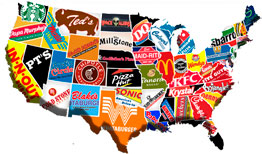
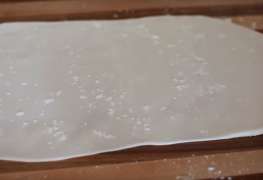
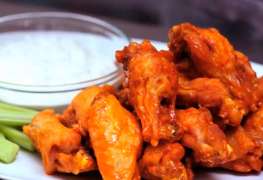
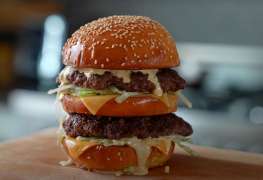

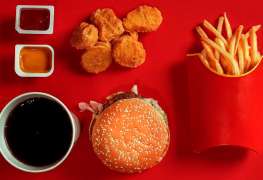

Leave a comment